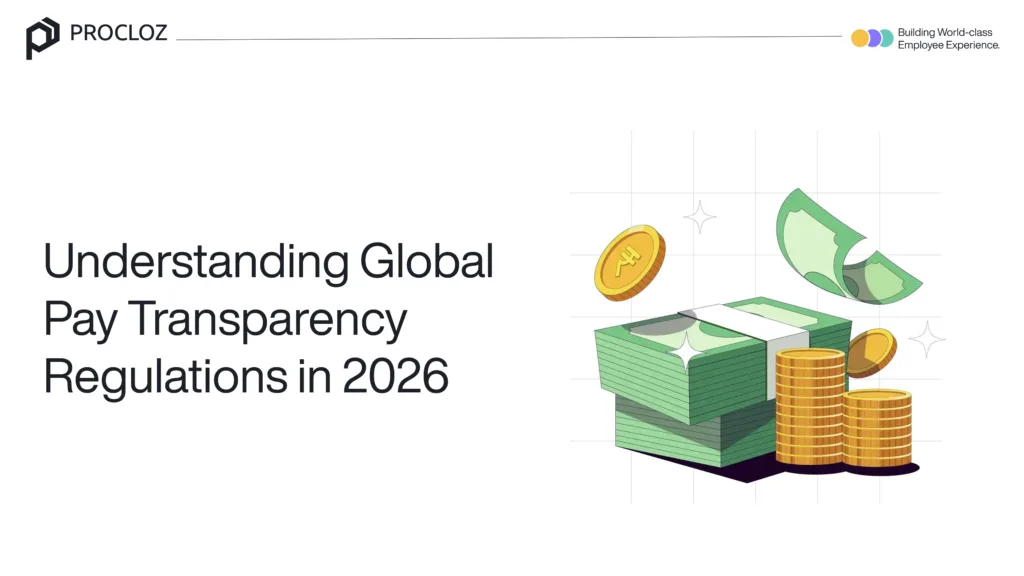Superannuation is not only an Australian payroll necessity, it is a cornerstone of employee benefit and long-term security. Employers are responsible for ensuring contributions are paid on time and in the correct amount. The Australian Taxation Office (ATO) has strict regulations, and minor mistakes can lead to expensive penalties.
This blog provides information on what the Superannuation Guarantee (SG) is, presents employer obligations, emphasizes recent changes, and demonstrates what occurs when requirements are not fulfilled.
What is the Superannuation Guarantee (SG)?
The Superannuation Guarantee expects employers to pay 11.5 percent of an employee’s ordinary time earnings (OTE) into a super scheme. The employees who are eligible are over 18 or under 18 years old and work more than 30 hours per week.
For instance, if a worker is paid AUD 70,000 annually, the employer has to pay 11.5 percent of that into the worker’s super fund.
Superannuation Thresholds Update
Prior to that, contributions had to be made only if a worker was paid above AUD 450 per month. From July 2022, it is no longer applicable. Today, all eligible employees have to be paid super regardless of their level of pay.
Key Employer Responsibilities
Accurate Contribution Calculations
Employers need to correctly calculate contributions by OTE. Salary, allowances, and bonuses are covered, with overtime pay excluded.
Making Timely Payments
Superannuation needs to be paid every quarter. Failure to meet deadlines incurs the Superannuation Guarantee Charge (SGC) that consists of the unpaid contribution plus interest and administration fees.
Complying Funds
Contributions should be paid by employers into a complying fund sanctioned by the ATO. Payment into a non-compliant fund incurs penalties and erodes employee retirement savings.
Record Keeping
Employers must maintain records of Australian payroll and super contributions for a minimum of five years. Effective records promote transparency and facilitate ATO audits.
Employee Information
Employees should be advised which fund their contributions are made to and how to obtain their statements.
From Quarterly to Payday Super (2026 Update)
Currently, superannuation has to be paid every quarter. From July 2026, contributions will become payday super, so employers will pay super together with paying wages. This will make employee savings more robust by enhancing compounding growth.
Superannuation and the National Employment Standards (NES)
Superannuation is part of the National Employment Standards. If their employer doesn’t pay, employees can do something about it. Certain employees in New South Wales, South Australia, Queensland, Tasmania, and Victoria are not covered by NES but are still under Superannuation Guarantee laws.
Penalties for Non-Compliance
Not paying superannuation can have serious repercussions:
- Financial penalties like an SGC that mounts rapidly
- Reputation damaged and loss of employee trust
- Increased employee turnover if employees find unpaid super
- Establishing a Culture of Compliance
Companies can safeguard themselves by embedding compliance in daily operations. Scheduling regular payroll audits, employee training, and trusted payroll software are key steps. By making compliance a part of company culture, employers safeguard employees and the organization.
Frequently Asked Questions: Australian Payroll and Superannuation Edition
1. How do companies monitor regulatory changes?
Most businesses employ solutions such as Thomson Reuters, Winnow, and even specialized Slack channels. The most significant challenge is the fragmentation of regulatory sources, which makes it simple to overlook updates.
2. What if a company overlooks an essential update?
Overlooking a critical update can lead to significant problems like having to rebuild data systems. The advent of regulations such as GDPR and CCPA presented challenges since most organizations were not ready on time.
3. Are there compliance tools?
Yes. There are tools like Smartria, ComplySci, and Regology that can assist in regulatory change management. But it is still a challenge to incorporate these tools into everyday workflows.
Key Takeaways
Australian employer responsibilities for superannuation extend beyond contributions. Companies have to calculate correctly, pay on time, and select complying funds. With changes like payday super in 2026 around the corner, it’s more crucial than ever to stay abreast.
Collaborating with specialists will ensure compliance while protecting employee benefits. Procloz is a specialist in Australian payroll, global payroll services and Employer of Record Services, assisting businesses with seamless compliance management while concentrating on expansion.




